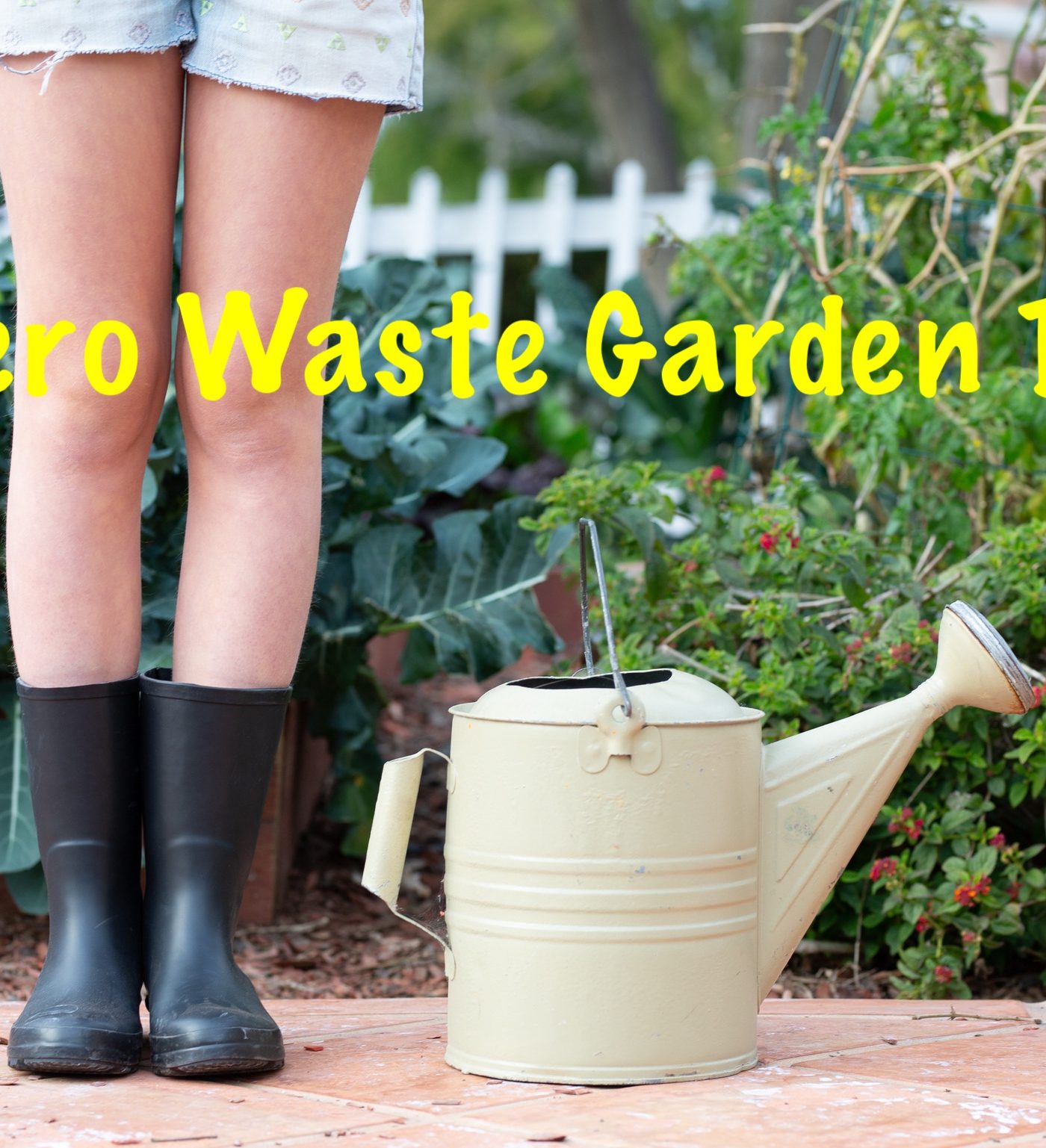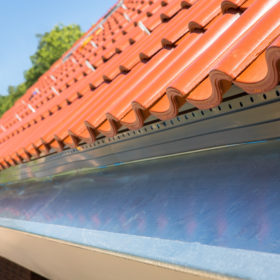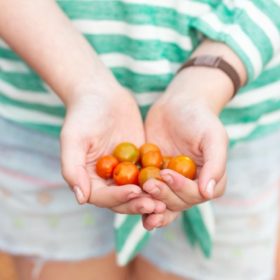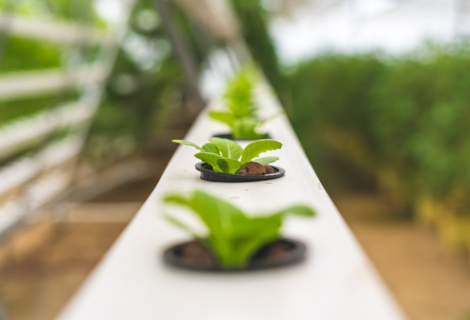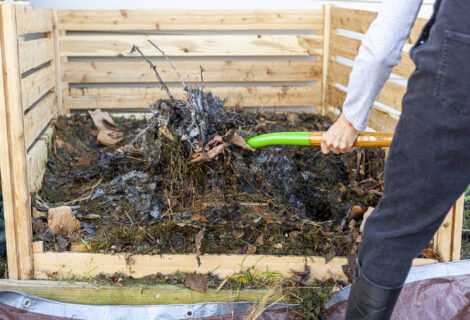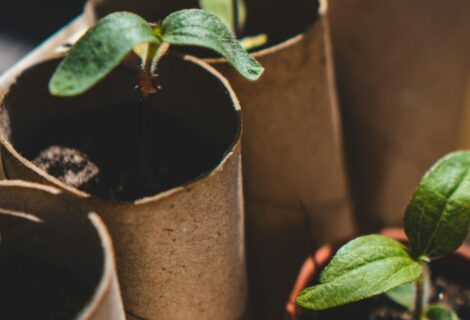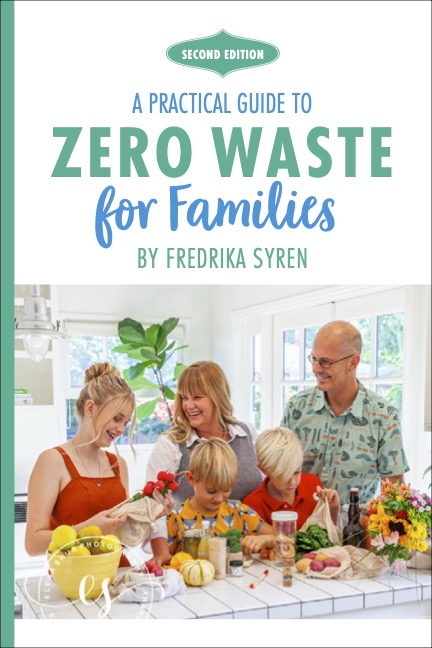Most of you know about zero waste, which, of course, means that nothing gets sent to a landfill and that we live according to the following principals: reduce, refuse, reuse, rot and recycle. This works in the home, but did you know that you also can garden the zero waste style? This is what my family now does. The goal is to cleverly reuse and upcycle items so we can significantly reduce our garden waste as well. As a bonus, we save money.
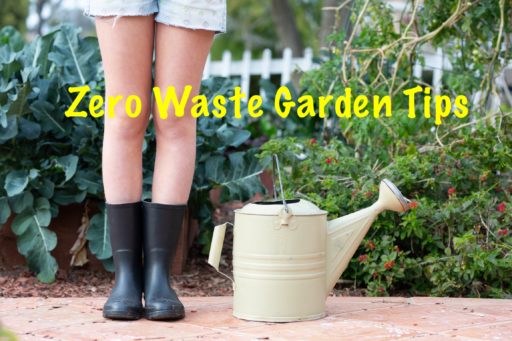
Soil—You can keep improving soil by adding lots of mulch and compost. This way, you do not need to continually buy soil. Compost will add microorganisms. Adding grass clippings, leaves, and discarded plant materials will increase its fertility. And there’s not a way to add too much organic matter to your soil. In fact, if you grow your soil, the plants grow themselves.
Seeds—If you’re part of a garden community or have joined a Facebook garden group, the odds are that people are offering free seeds or seedlings, or happily will trade. There are also seed libraries, so check around for them and, of course, save your own seeds for replanting. I already have shared a post about making your own seedling pots from upcycled materials like milk cartons and toilet rolls. You can find that post here.
Water—Rain water is free, so take advantage of harvesting it. For us, who grow food in San Diego’s hot climate, rain harvesting is a great way to be water wise. Another way we made our garden water wise, and therefore save lots of money, was to remove all the grass, then plant either garden boxes or succulents that one of our neighbors was giving away. We also water all of our fruit trees with grey water from our washing machine. My husband created a very simple grey water system himself.
Mulch—I always smile when I hear how much money people spend on mulch when it’s usually free somewhere in your neighborhood. We use grass clippings, weeds and leaves, and old plants as mulch.
Planter boxes and pots—Look for recycled materials to use as plant containers, and free wood and boxes online. Old wood pallets are usually found for free, and they are great for making bed edging for new raised beds. Furthermore, wood pallets are great for creative vertical gardens for a south-facing wall. We have found lots of pots, planters, old wood, etc., to use for building boxes and planting plants in. If you choose pallet wood, just make sure that you know what the pallets were used for and if they were treated with chemicals that you do not want in your garden.
Fertilizer—Compost is the very best fertilizer, as I said, a key for growing seeds, soil and plants. Another free fertilizer is bunny and guinea pig poop. Unlike other animal poop, bunny and guinea pig poop does not need to be composted first in order to be used in garden beds. We’re lucky to have a bunny doing his part to help fertilize the garden. If you don’t have one of these pets, I bet you know someone who does and might be happy to give you some.
Calcium powder—Calcium powder raises the PH of soil. Tomatoes especially need that in order to grow healthy fruit. We make our own calcium powder by first boiling egg shells, then drying them in a 350°F oven until completely dry. After that, we grind them to a powder in a mixer.
Compost—Homemade compost is the key for growing healthy and nutrient dense vegetables. I always say start composting before starting a garden. Compost enriches the soil, helps it retain moisture, and suppresses plant diseases and pests. It also reduces the need for chemical fertilizers.
Sure you can buy compost, but why should you when creating your own is so easy and free. Plus, composting your organic waste also helps reduce your waste, so it’s a win-win, right?
You can compost simply by using the dig and drop method:
- Dig a hole, approximately 10 to 12 inches deep and as wide as you want or need it to be.
- Drop food scraps or other organic matter into the hole.
- Replace the soil, and you’re finished.
We have a garden compost heap, which is where we combine garden discards and chicken poop, which has to be composted before being used as fertilizer. For our garden compost, we built a simple wooden bin in a corner. We also compost using a worm bin that we made ourselves from two storage bins. Here are ways to make your own compost bin.
Pesticides and insecticides—You never want to use any harsh chemicals to eliminate bugs in your garden, so we primarily use castile soap to fight off most common bugs. We also employ essential oils like peppermint and thieves oil. All you need is a glass spray bottle and water. Another method of fighting pests is companion planting. You can read more about that here.
The fact is that gardening is an investment of time, not money.


